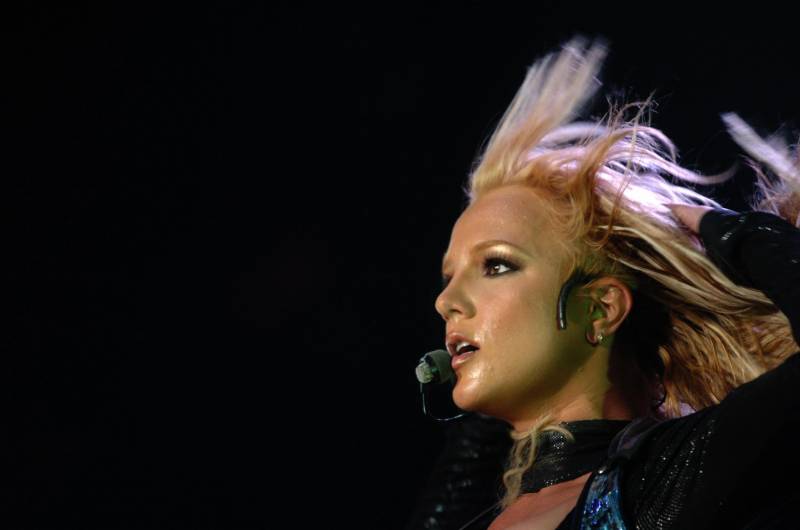HBO’s four-part Allen v. Farrow gave a detailed presentation of Dylan Farrow’s allegations from 1992 that her father, superstar director Woody Allen, molested her as a child (the filmmaker has denied those allegations). And HBO Max’s film On the Record debuted last year as a chilling account featuring several women who accused rap mogul Russell Simmons of sexual assault in incidents ranging back to the mid-1990s, which he has denied.
“I feel these documentaries could only have been made now … because the standards of accountability have changed,” says Poh Si Teng, producer of the documentary St. Louis Superman and an executive at the International Documentary Association.
“The feedback from the web and social media platforms is so much faster, we are holding ourselves more accountable [as a society],” she adds. “In light of all the reckonings from the past year, especially after the murder of George Floyd and the pandemic, more and more filmmakers and participants are going to be bold. They’re going to be ready to speak now. … So these filmmakers can revisit all these old controversies [on] misogyny, conservatorship, child sexual abuse and rape in ways that they could not before.”
Reconsidering media bullying of Britney
Samantha Stark, director of Framing Britney Spears, says she originally planned to just reexamine past media coverage of the pop star. After seeing how “incredibly misogynistic” it all was—demonstrated by a clip in the film of an interviewer asking Spears about her breasts—Stark and her team realized many of the journalists who had reported these stories were male.
“We just had this idea: What if we try to find women to interview instead?” she says. “We got a completely different picture of her: a woman who was business-savvy, who even as a teenager contributed creatively to her work, who had the stamina of an Olympic athlete and knew what she was doing … someone with agency.”
Then, the filmmakers discovered valid concerns about the fairness of Spears’ conservatorship, originally criticized by followers of the “Free Britney” movement. Suddenly, a fan uprising that some treated like a punchline was inspiring renewed public scrutiny. Most recently, Spears’ father has announced his intention to step down from the conservatorship, but with no definitive timetable.
Stark says she thought about Surviving R. Kelly while making her film, because both projects centered on contentions that people found tough to believe because the alleged abuse was happening in plain sight. And both projects also pointed out the complicity of the general public, which often laughed at comedians’ jokes about Spears’ mental health or Kelly’s proclivities without considering the darker truths behind the punchlines.
“I’m the same age as Britney, so when I was watching so much of the footage, I was reliving my [teenage years], when it was OK to bully people and shame them for being different,” says Stark, age 39. “It did feel like we weren’t ready for all these documentaries until now. We do, I think, listen to what women have to say more now.”

9(MDAxOTAwOTE4MDEyMTkxMDAzNjczZDljZA004))

